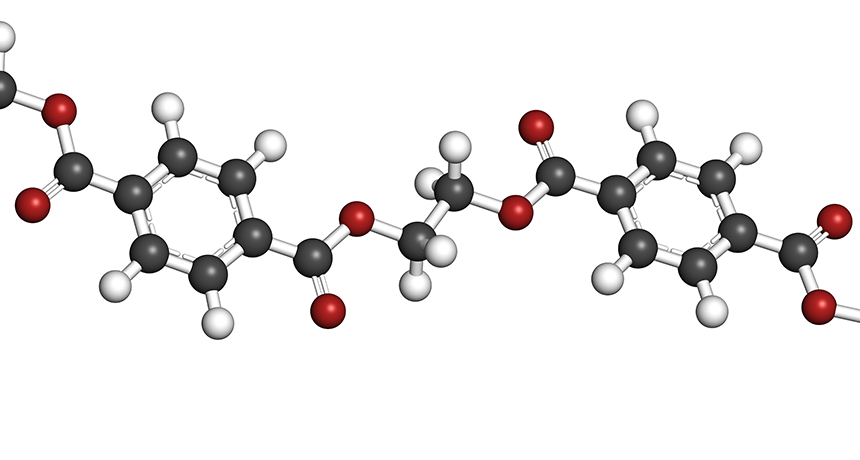Using the Power of Polymers: Understanding the Substantial Uses and Favorable Impacts
Polymers, with their diverse chemical frameworks and residential or commercial properties, have become important in numerous industries, reinventing the method we connect with products on an everyday basis. As we explore the considerable usages of polymers and their role in forming a more sustainable, efficient, and cutting-edge future, it becomes obvious that their potential is as substantial as the particles themselves.
Versatility in Everyday Products
Polymers exhibit remarkable adaptability in a wide variety of everyday products, showing their important duty in modern-day culture. From the versatile plastic housing of smartphones to the sturdy fibers in garments, polymers have actually transformed the means we interact with items in our lives. One of one of the most common usages of polymers is in product packaging products. Polyethylene, for instance, is commonly used in food packaging due to its light-weight, durable, and moisture-resistant buildings. Additionally, polymers play an essential role in the auto market, where they are utilized in manufacturing light-weight elements that improve gas effectiveness.
Furthermore, polymers have found their means right into the health care field, with applications varying from medical gadgets to medicine distribution systems. Eco-friendly polymers are made use of in sutures and implants, decreasing the risk of unfavorable reactions in people. In the building market, polymers are included right into paints, adhesives, and insulation materials, improving resilience and energy efficiency. In general, the flexibility of polymers in daily products underscores their value in driving advancement and improving high quality of life.
Sustainability in Product Innovations
With the ongoing focus on ecological consciousness and source efficiency, the focus changes in the direction of sustainability in product developments, reflecting an expanding commitment to responsible production practices across different sectors. In the last few years, there has been a remarkable rise in the development of sustainable products, particularly within the world of polymers. These ingenious materials are designed to reduce environmental influence throughout their whole lifecycle-- from sourcing resources to disposal or recycling.
One substantial element of sustainability in material innovations is the concept of biodegradability. Biodegradable polymers have gathered interest for their ability to break down naturally right into safe byproducts, lowering waste and contamination. Additionally, using recycled polymers acquired from post-consumer or post-industrial resources is obtaining grip as a way of promoting a round economic situation and minimizing dependency on virgin materials.

Enhancing Efficiency in Design
Enhancing performance in engineering needs a careful integration of innovative innovations and accurate techniques to enhance functionality and effectiveness in various industrial applications. Polymers play a crucial role in this venture, supplying a broad variety of advantages that enhance the efficiency of design products and components.
One key facet of enhancing performance in design is the ability of polymers to enhance sturdiness and strength. By incorporating polymers into engineering layouts, manufacturers can Click This Link develop light-weight yet durable structures that can withstand high levels of tension and pressure. This characteristic is specifically beneficial in industries such as aerospace, vehicle, and construction, where the demand for strong yet lightweight products is paramount.
In addition, polymers can additionally boost performance by providing thermal and chemical resistance, reducing rubbing, and enhancing electric conductivity. These residential or commercial properties make polymers optimal for a wide variety of design applications, including seals, bearings, layers, and electronic elements. Polymers. By taking advantage of the unique properties of polymers, engineers can maximize their explanation the performance of their styles and develop much more reliable and trustworthy items
Effect On Clinical Developments
Polymers have actually played a vital function in modern-day medical improvements, ranging from medication shipment systems to cells engineering. One of the essential areas where polymers have made a substantial impact is in the advancement of naturally degradable sutures and implants.
Furthermore, polymer-based materials are progressively being utilized in medical tools such as catheters, stents, and prosthetics as a result of their biocompatibility and flexibility. Polymer layers on clinical tools can prevent infections and enhance total individual outcomes - Polymers. In addition, improvements in nanomedicine have actually made it possible for using polymer nanoparticles for targeted drug delivery, boosting the efficacy and minimizing adverse effects of different medicines
Function in Environmental Preservation

Additionally, polymers are utilized in water therapy procedures, helping in the filtration and recycling of water sources. This aids in decreasing water pollution and making sure accessibility to clean water for both human consumption and environmental wellness. Polymers likewise contribute more in farming via the development of eco-friendly composts and controlled-release fertilizers, advertising sustainable farming practices.
Final Thought
In final thought, polymers have verified to be a versatile and crucial product in various industries, from everyday products to engineering and medical innovations. Comprehending the extensive uses of polymers highlights their relevance in driving technology and progress in several fields.